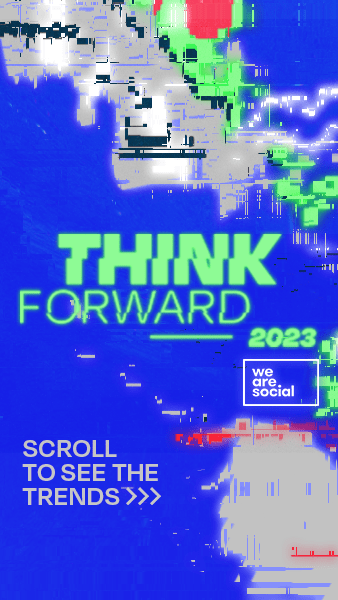Last year, we emerged from the pandemic into a new online landscape. IRL and URL life were already impossibly entangled, and much was on the horizon: metaverses in which to wile away our days, NFTs to deck the walls of digital houses, crypto wallets for paying for goods and services in virtual malls.
Even then, social was a composite of many worlds – from the anti-establishment anarchy of r/WallStreetBets to the peaceful, pastoral gameplay of Animal Crossing. But even if it was starting to crack, there was still a sense of shared reality: a communal space at the intersection of these worlds.
But this year, what was cracked has now shattered into many segmented realities. An accurate vision of the future is now less like looking through a telescope, more like looking through a kaleidoscope: it’s coming through as several diverse fragments, not one single perspective.
In this fragmented space, online factions are carving out their own customs, niches, and territories – their own marginal worlds that have the power to become the mainstream.







